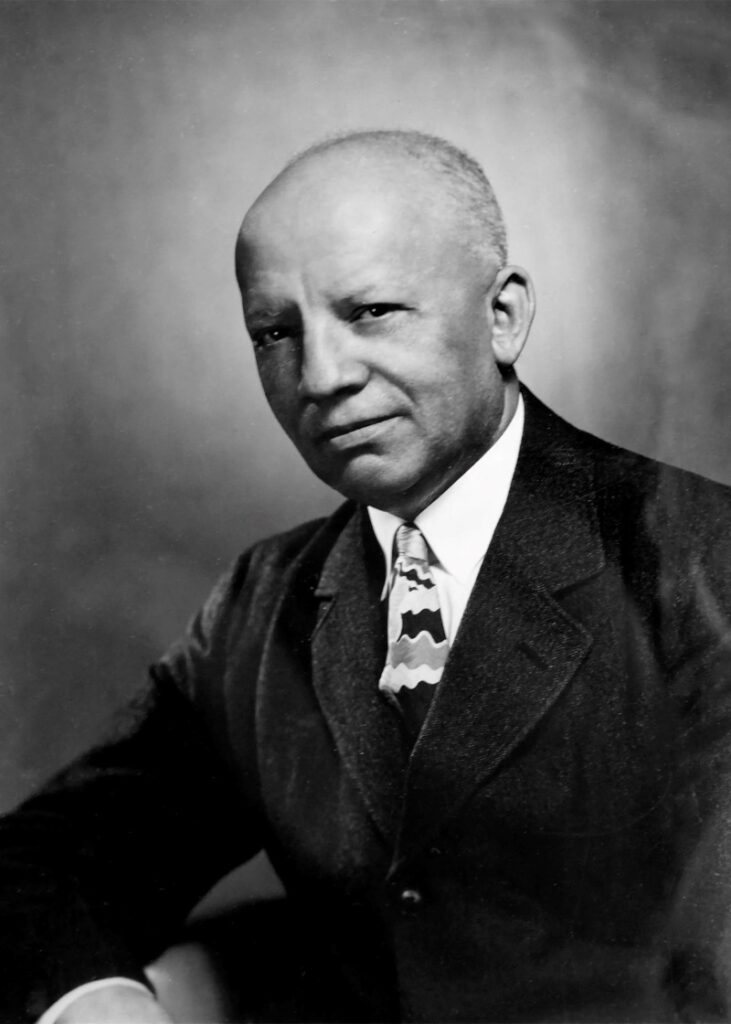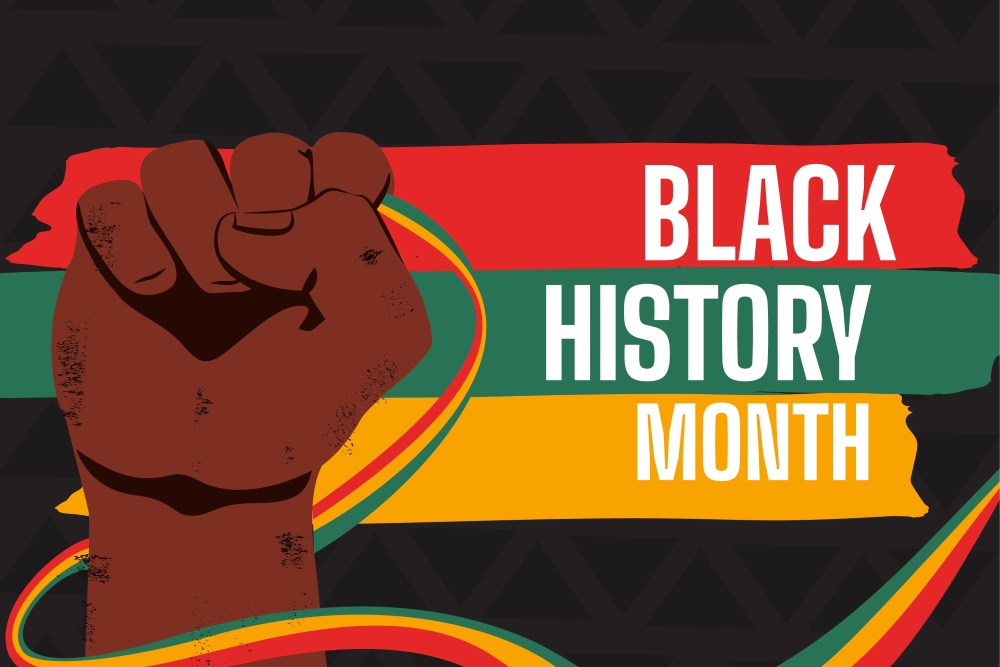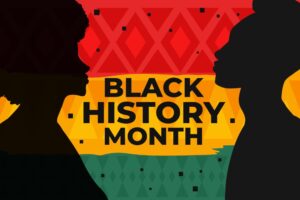Life Style
15 Fascinating Black History Month Facts You Didn’t Know
Black History Month is a time of reflection, education, and celebration of the contributions and achievements of African Americans throughout history. While many are familiar with the general origins and significance of this observance, there are countless fascinating Black History Month facts that remain lesser-known. Here, we delve into some intriguing and eye-opening details about Black History Month facts you didn’t know.
1. Black History Month Has Roots in “Negro History Week”
Black History Month originated from Negro History Week, which was established in 1926 by historian Carter G. Woodson and the Association for the Study of Negro Life and History (ASNLH). Woodson chose the second week of February because it coincided with the birthdays of Abraham Lincoln and Frederick Douglass, two figures who greatly influenced African American history. It wasn’t until 1976 that Negro History Week expanded into Black History Month, marking the bicentennial celebration of the United States.
2. Canada and the UK Celebrate Black History Month in Different Months
While Black History Month is celebrated in February in the United States, it takes place in October in the United Kingdom and Canada. Canada began officially observing Black History Month in 1995 after a motion by politician Jean Augustine. In the UK, Black History Month started in 1987, initiated by activist Akyaaba Addai-Sebo. These differing dates highlight the unique historical contexts and contributions of Black individuals in each country.
3. The Theme of Black History Month Changes Every Year
Each year, Black History Month has a specific theme that reflects contemporary issues and celebrates specific aspects of Black history. For instance, the 2023 theme was “Black Resistance,” focusing on how African Americans have resisted oppression in various forms throughout history. This evolving thematic approach ensures that the observance remains relevant and educative.
4. Carter G. Woodson Is Known as the “Father of Black History”

Carter G. Woodson, a Harvard-educated historian, played a pivotal role in documenting and promoting African American history. He believed that Black history was being overlooked or misrepresented in mainstream narratives, which motivated him to create avenues for celebrating Black achievements. His work laid the foundation for Black History Month and inspired generations to explore and honor their heritage.
5. The Civil Rights Movement Was a Catalyst for Black History Month’s Expansion
The growth of Black History Month was significantly influenced by the Civil Rights Movement of the 1960s. As the fight for racial equality gained momentum, so did the recognition of Black contributions to society. Educational institutions and communities began to adopt and promote a month-long observance, paving the way for its national recognition.
6. Black History Month Isn’t Just for African Americans
Although Black History Month primarily highlights African American history, it also acknowledges the contributions of people of African descent worldwide. From Afro-Caribbean communities to Black individuals in Europe, the celebration serves as a platform to recognize the global impact of Black culture and achievements.
7. The Smithsonian Institution Offers Extensive Resources During Black History Month
The Smithsonian Institution, particularly the National Museum of African American History and Culture (NMAAHC), plays a crucial role in Black History Month. Every February, the museum organizes exhibitions, educational programs, and online resources to educate the public about African American history. These initiatives have significantly enriched the celebration of Black History Month.
8. Black History Month Has Been Criticized for Various Reasons
While Black History Month is widely celebrated, it has faced criticism from some quarters. Critics argue that limiting the recognition of Black achievements to one month can marginalize their importance throughout the year. Others believe that the focus on historical figures sometimes overshadows contemporary issues and ongoing struggles faced by Black communities.
9. There Are Over 200 African American Landmarks in the U.S.
The United States is home to over 200 landmarks that honor African American history. These include sites like the Martin Luther King Jr. National Historical Park in Atlanta and the National Civil Rights Museum in Memphis. Many of these landmarks see increased visitation during Black History Month as people seek to connect with the past and learn more about the struggles and triumphs of Black Americans.
10. Oprah Winfrey Was the First Black Female Billionaire
While much of Black History Month focuses on historical figures, it’s also a time to celebrate contemporary icons. Oprah Winfrey made history in 2003 when she became the first Black female billionaire. Her incredible journey from a challenging upbringing to global fame and philanthropy serves as an inspiration for millions.
11. Black Inventors Have Shaped Modern Life
From Garrett Morgan’s traffic signal to George Washington Carver’s agricultural innovations, Black inventors have significantly contributed to the modern world. Black History Month is an opportunity to explore these often-overlooked achievements and their impact on daily life.
12. Barack Obama’s Presidency Marked a Historical Milestone
The election of Barack Obama as the 44th President of the United States in 2008 was a monumental moment in Black history. His presidency symbolized progress and inspired discussions about race, leadership, and representation. During Black History Month, Obama’s legacy is often revisited as a source of pride and reflection.
13. The Role of Music in African American History
Black History Month wouldn’t be complete without acknowledging the transformative power of music. Genres like jazz, blues, gospel, and hip-hop have roots in African American communities and have profoundly influenced global culture. Artists like Louis Armstrong, Aretha Franklin, and Tupac Shakur are celebrated for their contributions to both music and social movements.
14. The “Green Book” Was a Lifeline for Black Travelers
During the era of segregation, the “Green Book” was a guidebook that listed safe places for African Americans to eat, stay, and travel. Compiled by Victor Hugo Green, this resource was vital for Black travelers navigating a racially divided America. Black History Month highlights such tools of resilience and survival in challenging times.
15. African Americans Have Served in Every Major U.S. War
African Americans have a long history of military service, fighting in every major U.S. war since the Revolutionary War. Despite facing discrimination, their contributions have been critical to the nation’s defense. Black History Month often includes tributes to these unsung heroes who paved the way for greater inclusion in the armed forces.
Conclusion: Black History Month Facts You Didn’t Know
Black History Month is more than just a celebration; it’s an invitation to learn, reflect, and act. These lesser-known facts shed light on the depth and diversity of Black history, encouraging us to appreciate its impact on society. As we continue to observe Black History Month, let us remember that understanding history is key to building a more inclusive and equitable future.





